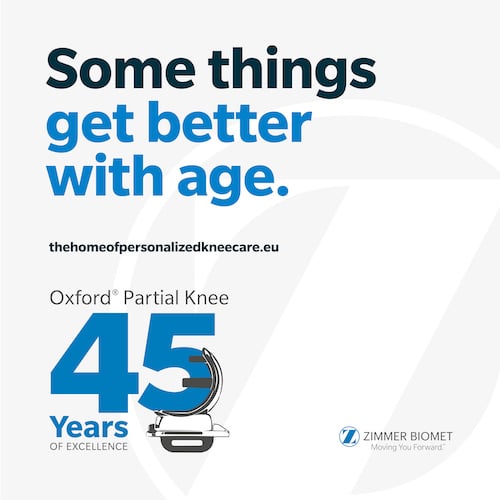Autologous anti-inflammatory injections (AAI) for grade 2-3 arthritis have been studied for the past 10 years. The most recent publication evidences that an intra-articular injection of an autologous protein solution (APS) continues to provide significant pain relief 3 years after a single injection.1
Inflammation – a key feature of knee OA – is associated with joint pain and cartilage degeneration: “When the balance between pro- and anti-inflammatory cytokines leads to the perpetuation of inflammation via continued activation of innate inflammatory pathways, OA progression is inevitable in the affected joint, with chronic inflammation leading to slow progression of structural change and chronic disability.”1
An autologous protein solution (APS) – novel blood derivatives – has been developed to create a milieu of bioactive factors. In order to obtain a high concentrate of anti-inflammatory cytokines, patient’s blood is centrifuged with polyacrylamide beads. This process delivers a concentrate of Interleukine Ra (IL-ra) and anabolic growth factors well above what is found in native blood while ensuring low levels of proinflammatory molecules. The combination of the anabolic effects and the autologous anti-inflammatory cytokines have a positive influence on the joint environment, which favours the restoration of homeostatic balance, and possibly the regeneration of degenerating cartilage.1
The authors concluded that intra-articular injections of APS for mild to moderate knee OA (Kellgren-Lawrence 2 or 3) are safe and continue to provide significant pain relief 3 years after a single injection.1 No adverse events of interest were reported between the 12- and 36-month follow-up visits. The authors noted that patients with less compromised cartilage (without any areas of full-cartilage loss on MRI) appeared to respond better to the treatment than patients with more cartilage loss. These patients demonstrated greater clinical improvements regardless of their baseline level of pain. 1

